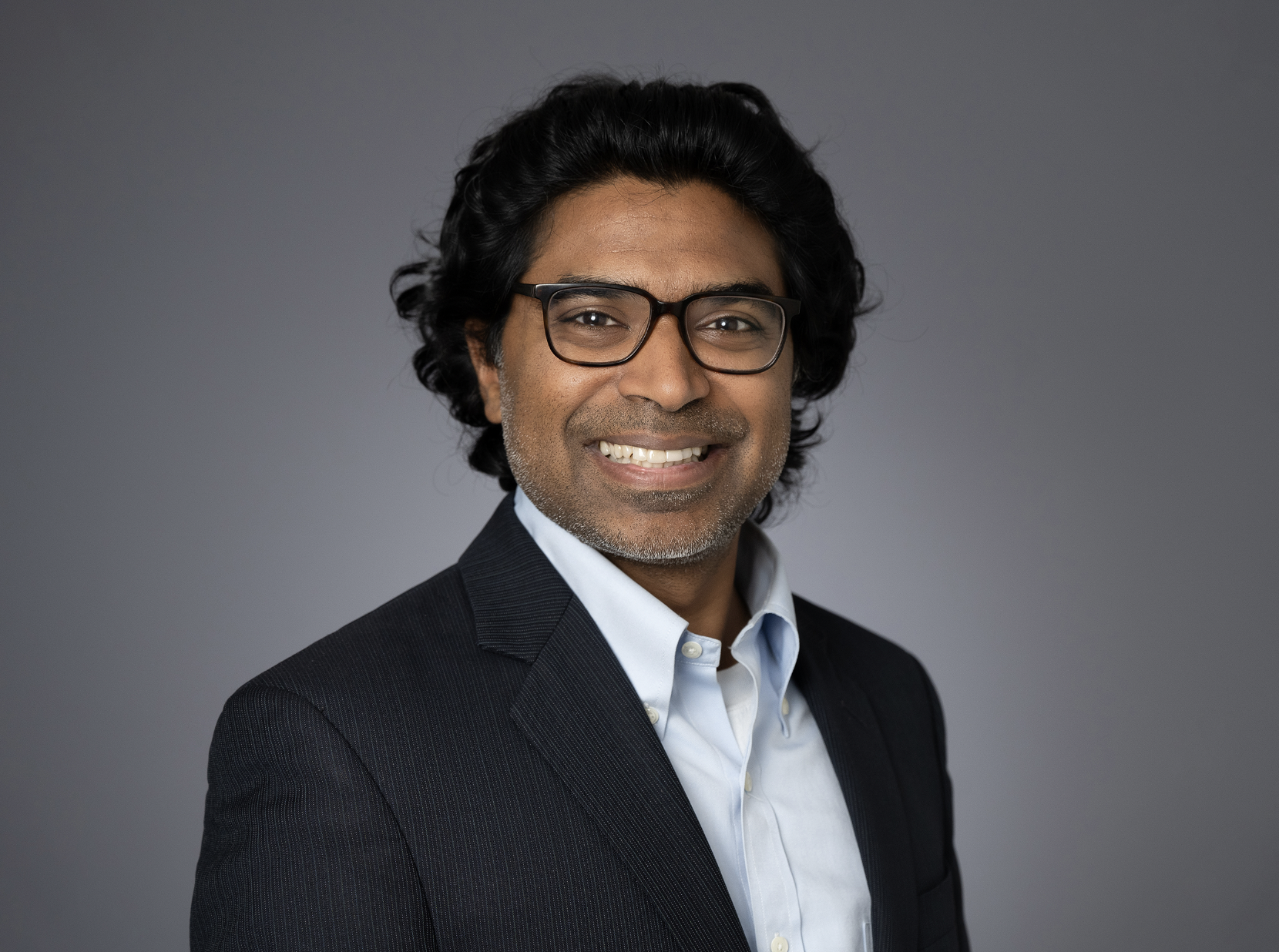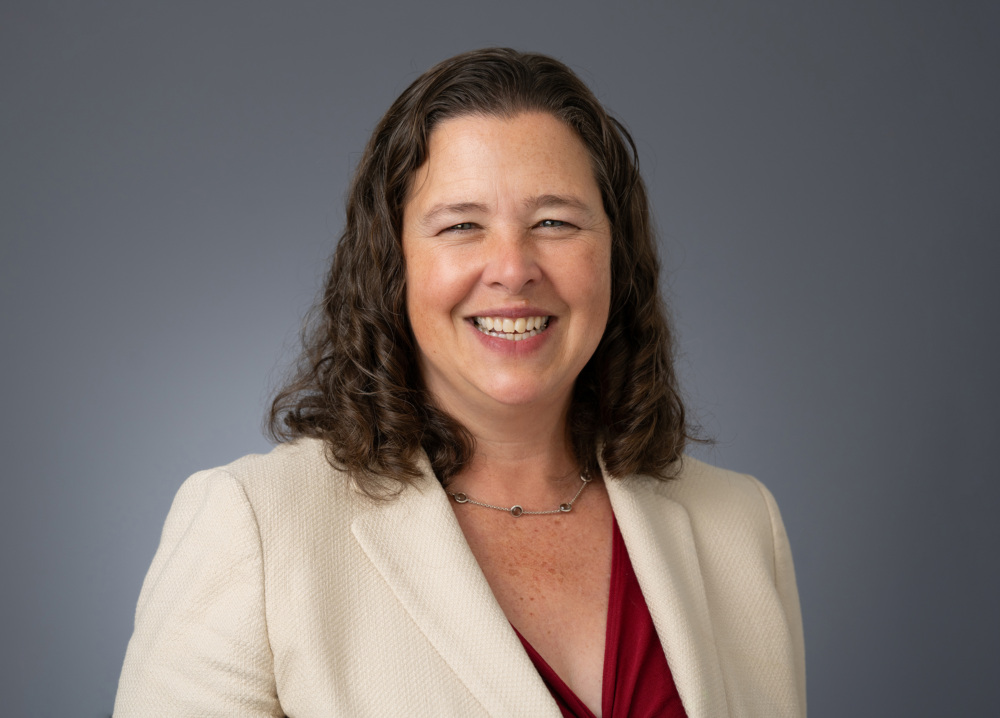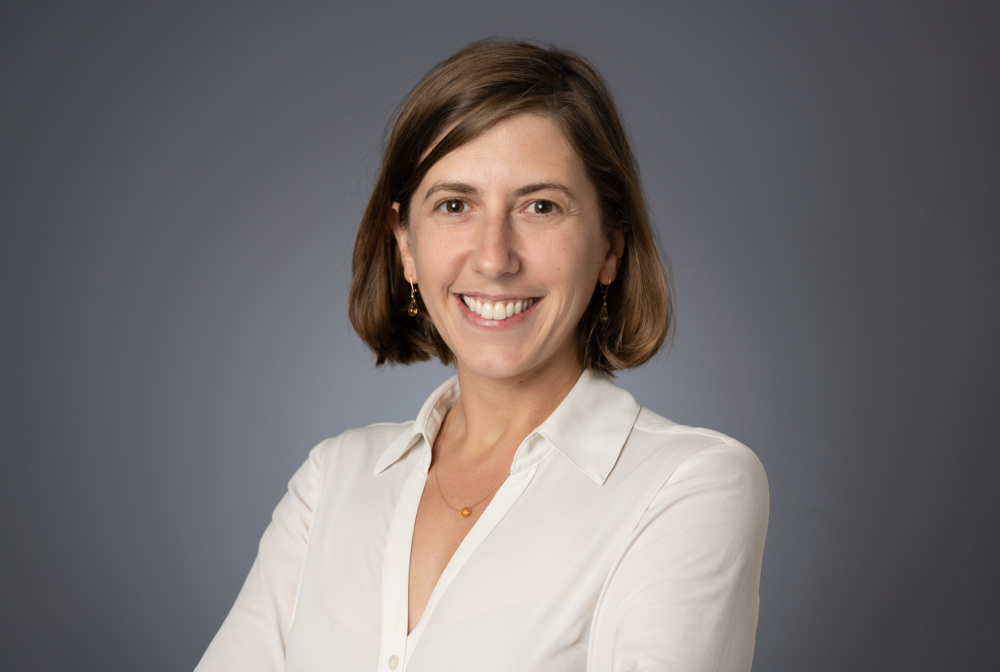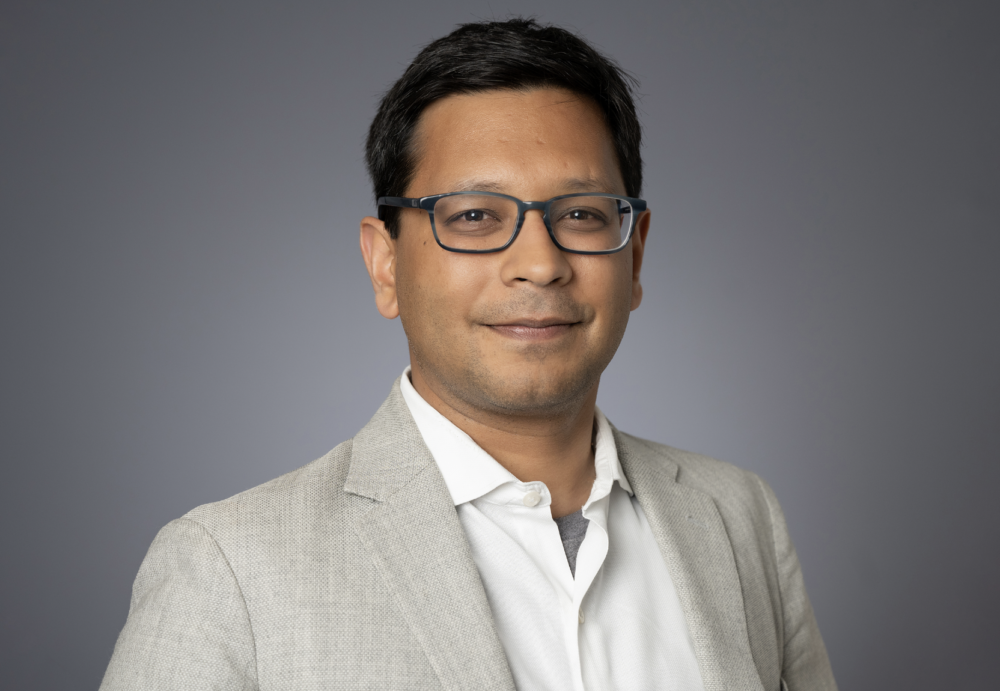

Ganesh Sitaraman
Professor of Law and Director of the Vanderbilt Policy Accelerator,
Vanderbilt University Law School
Nashville, TN
Experience
- U.S. Senate
- Warren for President
- Center for American Progress
- American Constitution Society
Expertise
- The airline industry
- Constitutional law and the Supreme Court
- Democracy reform
- Antitrust law and policy
- Regulatory policy
Education
- Harvard University, J.D., A.B.
- University of Cambridge, M.Phil.
Recent Coverage
NOV 28, 2023
The Seattle Times: Flying is miserable. This author has solutions to fix it
How did the flying experience get so bad? Ganesh Sitaraman, professor of law at Vanderbilt University and author of the new book “Why Flying Is Miserable: And How to Fix It,” argues that it all stems from public policy choices — particularly a change to airline regulation in 1978.
“I really hope my book helps people realize that the conventional wisdom that air travel just works how it works and there’s nothing we can do about it is wrong, and that the reasons we have the irritations of flying are because of public policy choices that we’ve made in the past and that we can make different choices and fix flying to make it less miserable, more enjoyable and have a more resilient, stable industry in the process.”
NOV 22, 2023
International Business Times: The Misery Of Holiday Air Travel: Can It Be Fixed?
In his book “Why Flying Is Miserable”, Ganesh Sitaraman, a law professor and policy expert, traces the problems to the deregulation of the airline industry in the 1970s: the lifting of the many regulations put in place during the New Deal to promote competition, better services and lower fares. Sitaraman believes that “miserable air travel is the perfect symbol of the type of unregulated capitalism that America has unleashed,’ calling for new regulations to fix the problem.
NOV 12, 2023
Salon: How modern air travel got so miserable — and how to make for smooth flying instead
“The last part is really bad for communities, because economic growth, tourism, friends and family visiting, business, conventions, all of these things are dependent on being able to get to places. If you lose all air service, it’s a lot harder to imagine a young entrepreneur with an idea of that’s going to be the next Fortune 500 company starting up that company in a place that has no airline service, or even maybe one flight a week. You really need people to be able to get there for that to be a viable business. That’s a real problem across the board. In the book. I talk a lot about geographic equality problems because I think they’re a real part of the problems of our system, and they don’t get that much attention. And a huge part of the country should be outraged at this and should be clamoring for change.”
NOV 13, 2023
Axios: Where Silicon Valley antitrust chatter is heading
Context: “For all of the interest in regulating AI, there has been comparatively little discussion of AI’s industrial organization and market structure,” Ganesh Sitaraman and Tejas Narechania of the Vanderbilt Policy Accelerator wrote in a recent paper.
“This is surprising because critical layers in the AI technology stack are already highly concentrated.”
The authors argue throughout the paper that policymakers should use “antimonopoly tools” to regulate harms from concentration in AI.
NOV 14, 2023
CNN: When air travel featured piano bars and champagne (Opinion)
Ganesh Sitaraman is a law professor at Vanderbilt University and author of the forthcoming book, “WHY FLYING IS MISERABLE: And How to Fix It”
If this holiday season is like most others, we can expect flight delays, cancellations, lost baggage and all the miseries that come with flying.
Policymakers often try to address these issues with a “passengers’ bill of rights.” But they rarely seem to make a dent in improving the overall travel experience. The reason is that many of the problems in the airline industry are structural — they are about airlines’ incentives as businesses.
NOV 14, 2023
POLITICO: Why Airlines Don’t Fly to Your City and Other Problems Washington Caused (Opinion)
This holiday season, if you find yourself running what feels like miles through an airport, amid frustrated crowds of delayed passengers, in hopes of making your connection on time, you could curse the airline that sold you the ticket. But the real culprit is the Congress that deregulated air travel back in 1978.
OCT 10, 2023
POLITICO: The Government Can ‘Get It Right’ on AI (Opinion)
Given the oligopolistic structure of critical aspects of the AI industry, the underlying infrastructure would likely be provided by the usual suspects: big tech giants Amazon, Microsoft and Google. Outsourcing to them directly — or to elite consulting firms that rely on them — could deepen big tech’s hold on this critical sector. In the absence of significant market competition or legislation regulating tech platforms, entrenching already powerful companies should raise serious concerns.
OCT 10, 2023
Politico | The Government Can ‘Get It Right’ on AI (Opinion)
“Policymakers have the opportunity to help the United States government stay at the cutting edge of AI technology — and to do so in a way that both improves public services and is more accountable and effective. They should act now to deliver the public capacity on AI that Americans want and deserve.”
SEP 21, 2023
The Atlantic | Airlines Are Just Banks Now (Opinion)
“When even the points insiders are sick of playing the mileage game, something has clearly gone wrong. In fact, frequent-flier programs are a symptom of a much deeper rot in the American air-travel industry. And although getting mad at airlines is perfectly reasonable, the blame ultimately lies with Congress.”
AUG 1, 2023
Axios | China’s economic tools fill capitalism’s void
“Today, people often speak in the language of markets, not the language of politics or morality. We talk more about consumers or taxpayers than about citizens,” Ganesh Sitaraman, a legal scholar at Vanderbilt University and a longtime adviser to Senator Elizabeth Warren, observed in his 2019 book “The Great Democracy.”
JUN 18, 2023
POLITICO | A simple way to regulate TikTok (Opinion)
“Today, antitrust is in the midst of a renaissance, with policymakers on left and right supporting more aggressive enforcement of competition laws. The platform-utilities approach deserves the same reinvigoration, because it offers useful strategies for addressing current policy challenges. If lawmakers want to take a lesson from the long American tradition of regulated capitalism, they should advance comprehensive legislation to regulate tech platforms more like public utilities.”
APR 20, 2023
TIME: The Reason Why American Regions Are Unequal (Opinion)
“40 years of deregulation has contributed to increasing economic divergence, with thriving places increasingly pulling ahead of struggling ones… Divergence in economic opportunity drives surging home prices in thriving places, compounding the affordability crisis. It saps the country of talented people who don’t have the full range of opportunities. And the increasing concentration of wealth and economic activity breeds resentment and makes the country as a whole less resilient to economic, political, and social challenges.”
MAR 1, 2023
Reuters: Biden aims billions in taxpayer money at companies’ labor, supply practices
Every president puts his stamp on how federal money is spent, but Biden was using a broader range of tools, including tax changes, implementation of new legislation and stepped-up anti-trust enforcement to affect change, said Ganesh Sitaraman, who heads a new political economy initiative at Vanderbilt University. “What Biden and his advisers are doing is solving problems that exist in the economy. They are pushing forward an agenda aimed at building things in America again … and taking on corporate power,” he said.
Interested in speaking with Ganesh Sitaraman?
About Ganesh
Professor Ganesh Sitaraman holds the New York Alumni Chancellor’s Chair in Law and is the Director of the Vanderbilt Policy Accelerator. He teaches and writes about constitutional law, the regulatory state, economic policy, democracy, and foreign affairs.
Sitaraman’s most recent book is Networks, Platforms, and Utilities: Law and Policy (2022) (with Morgan Ricks, Shelley Welton & Lev Menand). He is also the author of The Great Democracy: How to Fix Our Politics, Unrig the Economy, and Unite America (Basic Books, 2019); The Public Option (Harvard Univ. Press, 2019) (with Anne Alstott); The Crisis of the Middle-Class Constitution: Why Economic Inequality Threatens Our Republic (Alfred A. Knopf, 2017), which was one of The New York Times’ 100 notable books of 2017; and The Counterinsurgent’s Constitution: Law in the Age of Small Wars (Oxford Univ. Press, 2012), which won the 2013 Palmer Civil Liberties Prize.
Sitaraman is a public member of the Administrative Conference of the United States, a member of the FAA’s Commercial Space Transportation Advisory Committee (COMSTAC), a member of the American Law Institute, a senior fellow at the Center for American Progress, and a co-founder of the Great Democracy Initiative. He serves on the boards of The American Prospect, the American Constitution Society, and Foreign Policy for America. Sitaraman served as a senior advisor to Senator Elizabeth Warren during her 2020 presidential campaign, as her senior counsel in the Senate, and as her policy director during her 2012 Senate campaign. He has been profiled in The New York Times and Politico for his work at the nexus of politics and ideas.
In 2018, Sitaraman was awarded an Andrew Carnegie Fellowship, and at Vanderbilt, he has been awarded a Chancellor’s Award for Research and a Chancellor’s Faculty Fellowship. In 2016, he was a visiting assistant professor at Yale Law School. Before joining Vanderbilt, Sitaraman was the Public Law Fellow and a lecturer at Harvard Law School, a research fellow at the Counterinsurgency Training Center – Afghanistan in Kabul, and a law clerk for Judge Stephen F. Williams on the U.S. Court of Appeals for the D.C. Circuit.
An Eagle Scout and a Truman Scholar, he earned his A.B. in government magna cum laude from Harvard College, a master’s degree in political thought from Emmanuel College, Cambridge, where he was the Lionel de Jersey Harvard Scholar, and his J.D. magna cum laude from Harvard Law School, where he was an editor of the Harvard Law Review.





